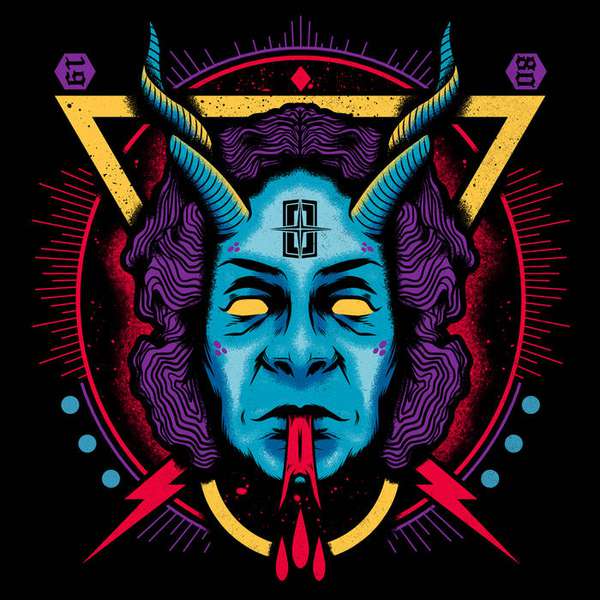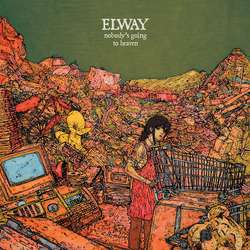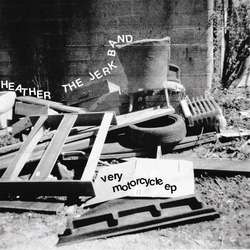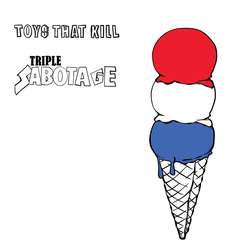Priscilla Ford's debut EP, The Blackout Club, is a raging punk rock'n'roll album. It careens with a controlled abandon, much like the Reno, Nevada murder spree after which the band is named. The band is composed of veteran musicians from a variety of punk rock subgenres, but The Blackout Club is a concise and directed effort. The band appears to accomplish what they set out to do with the album, striking a comfortable balance between frenzy and melody, and between hardcore and rock'n'roll.
From the start The Blackout Club is loud and fast. The band draws influence from older sources, with their Bandcamp page mentioning Black Flag and Black Sabbath as inspiration. While the early hardcore punk influence is clear, I would liken their sound more to the dirty garage rock of Iggy Pop than Black Sabbath. Chugging bass, catchy and grating vocals, and noodling guitar melodies are lined with enough jagged edges to please any hardcore punk fan. Along with Iggy Pop, comparisons could be made to contemporary bands such as Turbonegro and The Bronx. The backup vocals on "Elegy" in particular give off a distinct Turbonegro flavour.
For the most part The Blackout Club maintains a fast tempo, even though the band avoids the traditional sped up punk drumbeat. The rock'n'roll rhythm is driving and extremely energetic, and comes out swinging right off the bat with the opening track "Comedown." This is awesome music to blast through your headphones while bombing on your bike through traffic with a three beer buzz. There's nothing particularly cerebral or innovative on the record but it certainly evokes a raw and exciting emotion in the listener, which is exactly what a good rock'n'roll record should do. The album made me move even while listening through shitty computer speakers and I imagine a live show would be quite powerful.
One standout track is "Boring in Black," which includes some of the slowest tempos on the album, allowing for the vocalist to showcase a more melodic and clean approach which makes the heavy parts that much heavier when they come in. The repetition of "let's walk the plank" on this track sounds fucking cool, too. The entire album utilizes pauses, breaks, and brief slowdowns very efficiently to give all of the songs dynamism and a bit of unpredictability. "Don't Come Around" features a ripping guitar solo which fits smoothly into the structure of the song, adding a bit of welcome flair to the album.
Overall The Blackout Club doesn't offer anything revolutionary or groundbreaking, but it is successful at being a fast, rocking punk album that is a hell of a lot of fun to listen to.



